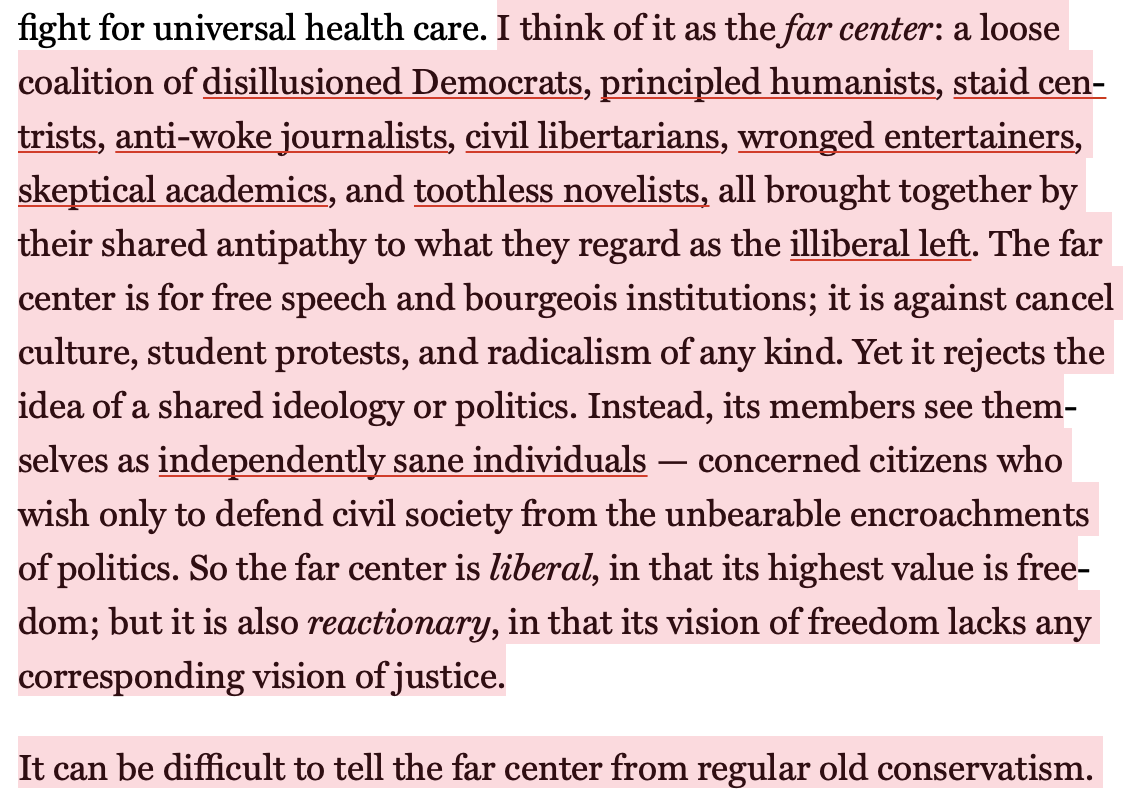@Phil "Productivity" depends on people with purchasing power paying for stuff. When people were no longer necessary on farms, sure, now richer farmers were willing to pay more for new things, but they were a small fraction of those made poor. Factories could produce tons of new things, but who would buy them? Factory workers, said Ford. But those were never enough, and now they are robots too. Without a state purchasing broadly, sure we can produce a lot, but we have few buyers. 1/
@Phil Why do no states of the kind you say you want actually exist in the world? Why is the correlation between prosperity and govt share of GDP, both in a formal GDP sense but also in an informal, is this a prosperous place sense, so resolutely and obviously positive among developed countries? https://peterlevine.ws/?p=23198 2/
@Phil i am sorry for whatever experience you are living. i have friends who've had shitty (state) government jobs that have turned them resolutely MAGA-ish. but individual workplace experiences don't overwhelm the aggregate experience of the 20th C (only government can ensure full employment), and the contemporary experience, size-of-state tends to correlated positively with prosperity. 3/
@Phil @Phil there is lots of important work that should be done to improve the quality of government! obviously, if quality of expenditure is shitty enough, whatever forces drive the correlation of prosperity with government would break down. i'm first to agree that US governance is particularly pathological and incompetent. just read @Alon. 4/
@Phil @Alon but the answer there is investment in quality of government. not some anorexia that just takes it all down. /fin



